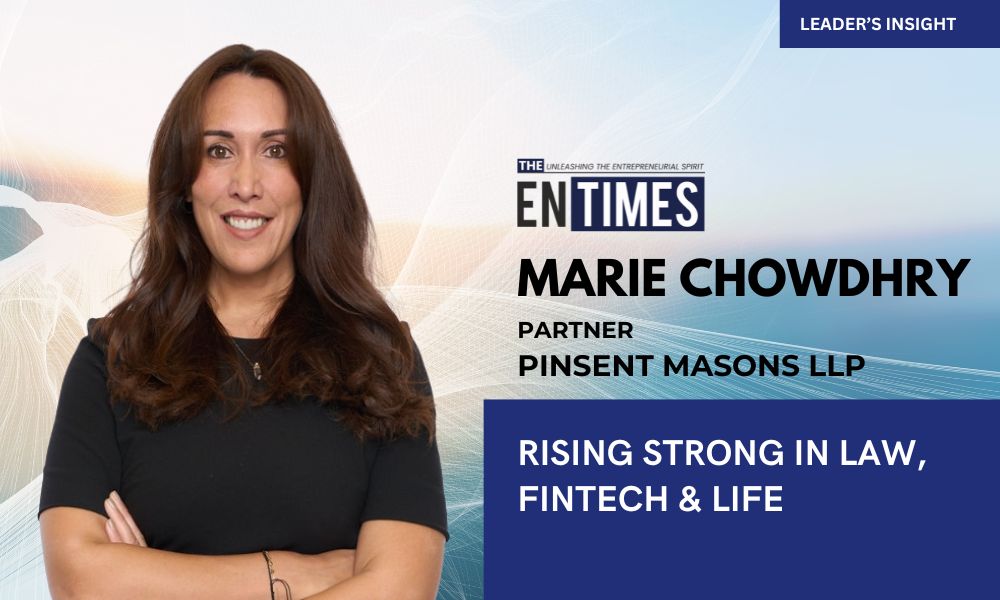Stepping into a casino with a pocket full of chips or pitching a new idea triggers the same feeling in your stomach. You’re a decision away from a windfall or an expensive lesson. Tales about high-stakes gamblers like Kerry Packer, who wagered millions in a night, sit alongside stories of garage start-ups that become household names, and both rely on the same daring, believing you can read the room and time your move.
Both gamblers and founders thrive on uncertainty, watching for tells or scanning market reports while fearing loss of money, time, or reputation. The startup founder who quietly mortgaged their home to fund a prototype shares more with the high roller than either side might admit. Both are drawn to environments where the rules are clear but the outcomes remain uncertain, and it’s that tension that keeps them coming back.
High Stakes, High Rewards
Risk is an obvious similarity. A successful founder doesn’t jump in blind; they study markets and write business plans. Gamblers don’t push chips across the felt until they’ve weighed the odds. Many who fund their online play with CashtoCode think about their bankroll just as carefully, because this cash‑based payment method lets them load money using barcodes or prepaid eVouchers without a bank account, keeping their details private, charging no fees, and only allowing deposits rather than withdrawals (site: cashtocode-casinos.com).
An entry from the International Journal of Research in Management notes that entrepreneurs pursue calculated risk based on research, whereas gamblers often put money on the line with less understanding. The stakes differ; a bettor might risk an evening’s bankroll while a founder might put up their savings, yet the willingness to accept uncertainty ties them together.
That appetite feeds into investment philosophy. Both commit resources hoping for a return, whether it’s profit from a business or a payout from a slot machine. Market analysts point out that about 10 % of startups fail in the first year, and roughly 20 % don’t make it past two years. With such odds, it’s easy to see why founders feel a kinship with gamblers. Veterans of the casino floor cope by sticking to a bankroll and limiting their bets. Founders who budget carefully, build cash cushions, and pivot quickly when something isn’t working mirror that discipline.
Research and Resilience
Preparation is another shared trait. The same business school piece notes that successful entrepreneurs and gamblers are diligent researchers who gather information to improve their odds. You can’t launch a gadget without understanding what customers want, and you can’t consistently win at cards without knowing the odds of a flush.
Many gamblers study strategies and practice online; entrepreneurs survey markets and prototype. Both adapt when conditions shift, and both must keep their emotions in check. The illusion of control can tempt a gambler to chase losses and an entrepreneur to pour more money into a failing venture. Knowing when to keep going and when to walk away is part of the art. Either way, both need to empower themselves with the right knowledge to succeed, hence the importance of conducting thorough research.
Managing Money and Odds
Money management is where the two mindsets start to diverge. The business school article notes that entrepreneurs often struggle with budgeting, expense allocation, and long-term planning. Cash flow can destroy a promising business even faster than a bad product. Gamblers, by contrast, rarely lose track of their bankroll; many set maximum stakes per session or game. Founders could take a cue from this discipline. Allocating funds across inventory, salaries, and marketing requires the same clear-headedness that a professional player brings to each hand.
Beyond budgeting, the time horizon differs. A bet is resolved in minutes, while a business evolves over years. Yet patience, risk tolerance, and the ability to walk away unite them. Poker teaches players to read people, manage their bankroll, and wait for the right opportunity, skills that transfer neatly to the boardroom.
A Mindset Drawn From Games and Goals
Spend time around founders and gamblers, and you’ll hear the same language, talk of playing the long game, trusting their gut, and not panicking when things go sideways. They swear by preparation yet acknowledge that luck plays a role they can’t control. Recognising these overlaps doesn’t mean running a company is the same as sitting at a poker table; it simply highlights that humans chasing outsized rewards often think alike.
Conclusion
Entrepreneurship and gambling occupy completely different worlds; one builds things, the other flips cards, yet both reward informed risk-taking and punish thoughtless behaviour.
Understanding where their mindsets converge may help a budding founder manage their resources more carefully or remind a gambler to plan for the long term. Next time you hear someone describe a venture as a “big bet,” remember they’re speaking as much to their psychology as to any balance sheet.











